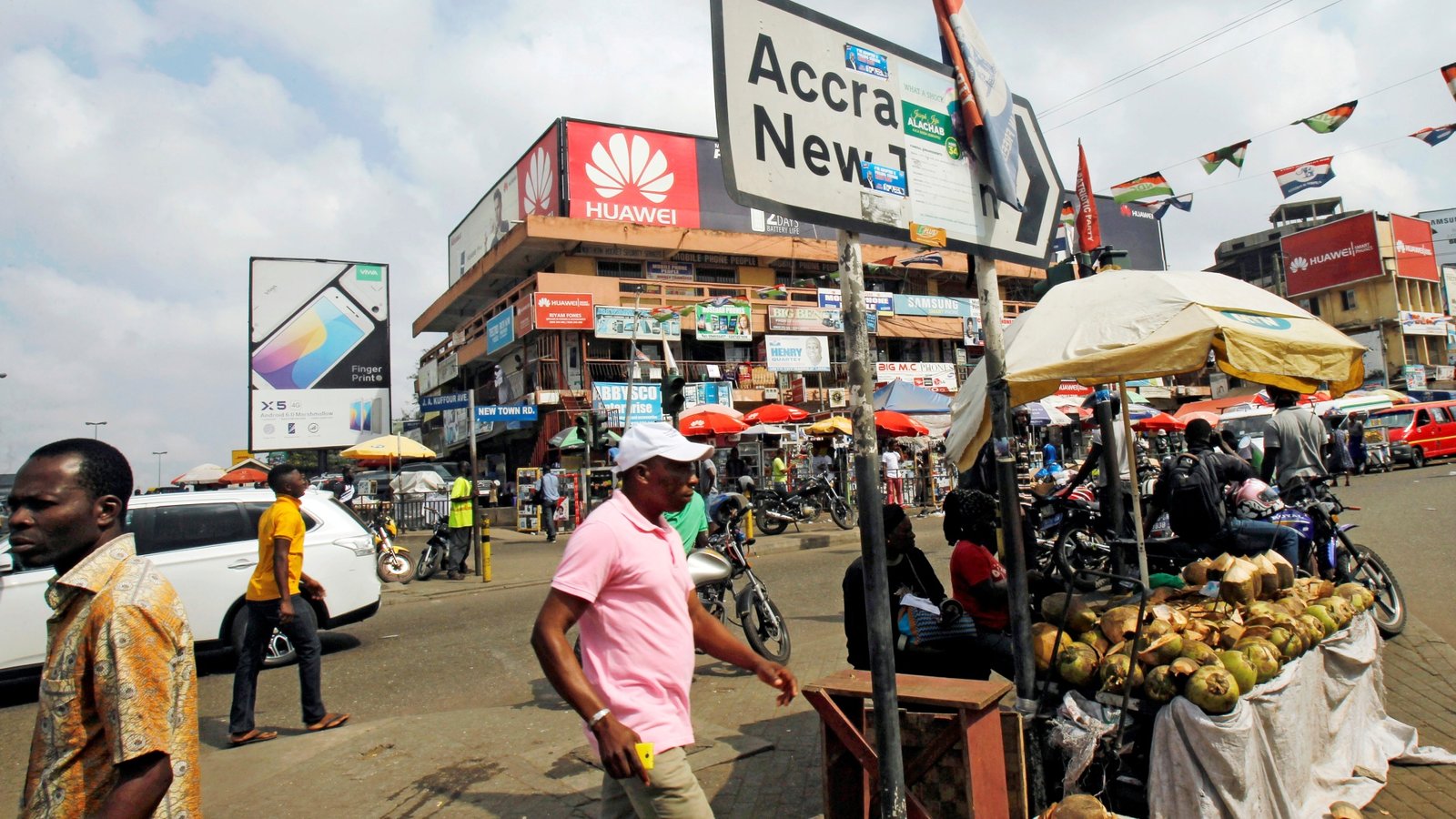Published
2 months agoon
By
Adubianews
Ghana’s economic climate is finally showing signs of relief as inflation drops to 8.0% in October 2025, marking the country’s lowest rate in more than ten years. After enduring months of steep price increases that strained household budgets, this decline represents a turning point in the nation’s battle against inflation.
Just three years ago, inflation had skyrocketed to 54.1% in December 2022 — a time when every market visit felt like a gamble between survival and frustration. From rising food costs to surging fuel prices, the economy appeared to run beyond the average Ghanaian’s control.
The turnaround, however, has been steady. Inflation rates have declined consistently throughout the year — from 23.5% in January to 11.5% in August, 9.4% in September, and now 8.0% in October. Even the Ghanaian cedi has maintained relative stability, a development that has caught the attention of investors both locally and abroad.
While the figures signal a welcome reprieve, not everyone is celebrating yet. Traders and consumers alike are questioning whether this downward trend will last. Many point out that although inflation has cooled on paper, market prices are yet to reflect the same comfort in daily transactions.
Still, credit is being directed toward Finance Minister Dr. Cassiel Ato Forson, under whose leadership these improvements have taken shape. Once the target of frustration in Parliament with shouts of “Eii Ato!”, the Finance Minister now seems to inspire a mix of surprise and cautious approval. Some Ghanaians even jest that he’s “forcing” inflation down rather than “falsing” the numbers, but the data speaks for itself.
As Ghana celebrates this economic milestone, attention is shifting toward the lending and interest rates that remain painfully high. Businesses continue to struggle with expensive credit, limiting their ability to expand despite the inflation relief. Economic analysts warn that without a corresponding drop in borrowing costs, the impact of reduced inflation may not reach ordinary Ghanaians.
With Christmas less than two months away, market activity in places like Makola and Kejetia is gradually picking up. Traders are restocking prudently, consumers are shopping with calculated budgets, and importers are breathing easier knowing that the cedi remains stable.
However, experts caution that Ghana’s inflation outlook remains fragile. Sustaining this progress will depend on fiscal discipline, food supply stability, and responsible government spending, especially as the festive season approaches.
For now, the country’s inflation story feels like a long journey finally catching a cool, refreshing breeze. The numbers are moving in the right direction, the economy is breathing easier, and the once-exasperated exclamation, “Eii Ato!”, now carries a new meaning: one of pleasant surprise that Ghana’s economy might indeed be turning the corner.

























